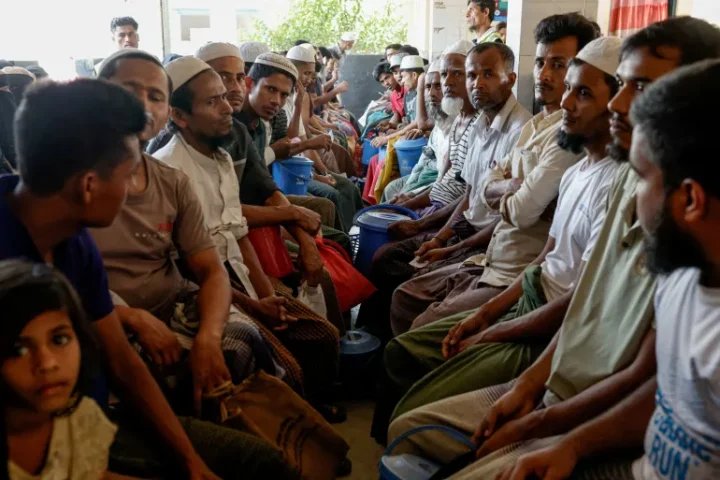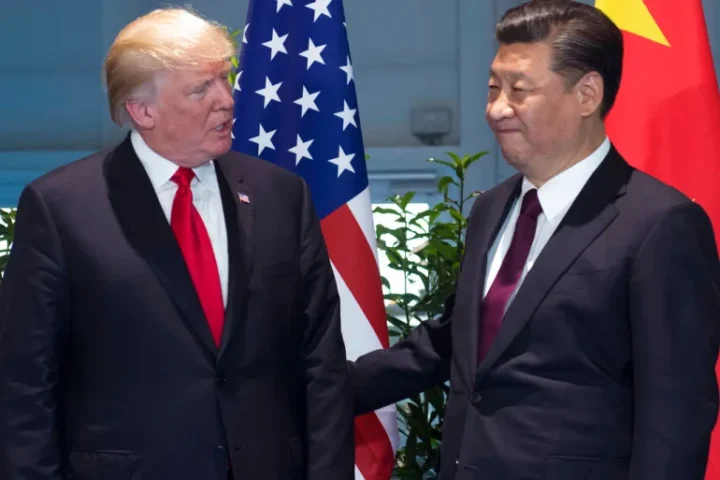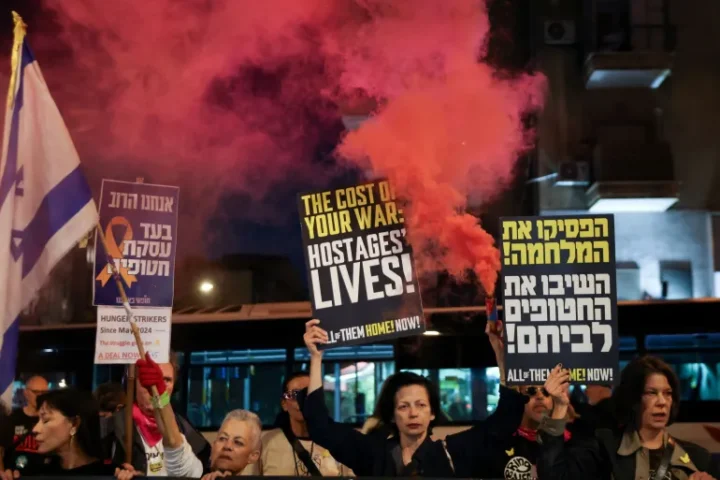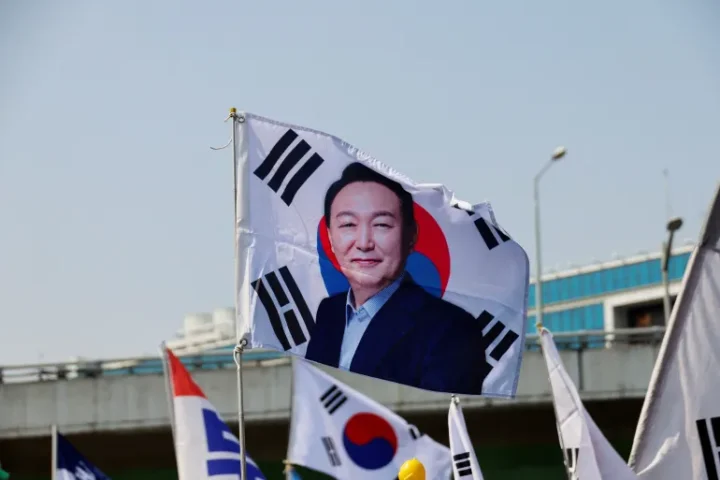One month has passed since Israeli forces killed journalist Shireen Abu Akleh, but accountability remains elusive.
One month has passed since Israeli forces killed Al Jazeera journalist Shireen Abu Akleh while she was reporting in the occupied West Bank, causing global outrage.
Her killing, while wearing a clearly marked press vest and helmet, was followed by widespread calls for a thorough and independent investigation by politicians and human rights organisations.
Thirty days later, the push for an international investigation into the killing is progressing, albeit slowly.
On May 26, the Qatar-based Al Jazeera Media Network announced it has assigned a legal team to refer Abu Akleh’s case to the International Criminal Court (ICC) in The Hague.
In a statement, Al Jazeera said it will “follow every path to achieve justice for Shireen, and ensure those responsible for her killing are brought to justice and held accountable in all international justice and legal platforms and courts”.
Al Jazeera’s legal coalition is currently preparing a case dossier to be submitted to ICC Chief Prosecutor Karim Khan.
The Palestinian Authority (PA) has also formally asked the ICC to investigate Abu Akleh’s death.
Separate from the ICC, calls are ongoing for an immediate, independent investigation, particularly as any ICC inquiry will take time to conclude.
Blinken supported an ‘independent’ investigation
Officials in the United States, however, have rejected demands for external interference, initially claiming that Israel “has the wherewithal and the capability” to carry out its own investigation. US President Joe Biden also recently insisted that Israel should be the party leading the investigation.
On June 8, US Secretary of State Antony Blinken, appearing at an event in Los Angeles, deviated slightly, and said he supported an “independent” investigation into the killing.
When asked by a reporter why there had been “absolutely no repercussions” for Israel over the killing of Abu Akleh, Blinken said, “We are looking for an independent, credible investigation. When that investigation happens, we will follow the facts, wherever they lead. It’s as straightforward as that.”
Blinken claimed that the facts of the case “have not yet been established”.
That is despite multiple witness testimonies and investigations by media outlets and rights groups that concluded that Abu Akleh was killed by Israeli forces.
Al Jazeera Media Network said shortly after the incident last month that the journalist was “assassinated in cold blood” by Israeli forces.
Israeli not to launch criminal probe
Witnesses, colleagues and other reporters who were present at the scene said it was an Israeli bullet that killed her, and that there was no other source of fire at the scene, contradicting initial claims made by Israeli officials that she could have been killed by armed Palestinians.
Israel has changed its story about the incident several times, ranging from denying the allegations, to blaming the killing on stray fire from Palestinian fighters, to admitting that an Israeli soldier could have mistakenly shot Abu Akleh.
Israel’s military prosecutor initially called on the army to conduct an in-depth investigation, before Israeli media reported that the military had no plans to launch a criminal investigation.
The PA concluded its investigation on May 26, saying that it showed Israeli forces deliberately shot the veteran reporter.
Officials said an autopsy and forensic examination conducted in Nablus after Abu Akleh’s death showed she was shot from behind, indicating that she was attempting to flee as Israeli forces continued to fire towards the group of journalists.
The Palestinians have refused to hand over the bullet that killed Abu Akleh to Israel, saying that the Israelis had shown they could not be trusted with the evidence.
During the attack, another Al Jazeera journalist, Ali al-Samoudi, was also wounded after being shot in the back. He has since recovered.
Palestinians have continued to mourn Abu Akleh, a widely known and respected on-air correspondent who rose to fame two decades ago, during the second Intifada, or uprising, in 2000.
Abu Akleh joined Al Jazeera a year after its launch, in 1997. She documented the harsh realities of life under Israeli military occupation for viewers across the Arab world.
On the day of her funeral, Israeli forces stormed the procession and started beating mourners, causing pallbearers to almost drop her coffin, drawing global condemnation.






